Many-Zoned Polypore TURKEY TAIL (Trametes versicolor)
TURKEY TAIL known for its distinct appearance and potential health benefits. They have a unique fan-shaped or semicircular cap with concentric bands of different colors, resembling the tail feathers of a turkey. They are a source of various bioactive compounds, including polysaccharides (such as beta-glucans), proteins, phenols, flavonoids, and other antioxidants. They also contain minerals like potassium, calcium, and magnesium.
They also:
- Help enhance the activity of immune cells, improve immune response, and support overall immune function.
- Rich in antioxidants, including phenols and flavonoids. These compounds help combat oxidative stress caused by free radicals, which can damage cells and contribute to chronic diseases
- Act as a prebiotic, providing nourishment for beneficial gut bacteria.
- Stimulate the immune system’s response to cancer cells, and enhance the efficacy of certain cancer treatments.
- As part of a balanced diet may contribute to overall well-being due to their nutritional composition and potential health-promoting properties.
Cultivation information:
- Substrate: turkey tail mushrooms grow on hardwood logs, but can also be grown on supplemented sawdust or straw.
- Temperature: keep the substrate between 15-24°C (60-75°F) during colonization.
- Humidity: maintain high humidity levels of 80-90% during fruiting.
- Fresh air flow: provide good air flow to prevent contamination.
- Spawning: inoculate the substrate with spawn and wait 4-6 weeks for colonization.
- Lifting: harvest the mushrooms by cutting them off close to the substrate surface. Turkey tail mushrooms are typically used for medical purposes rather than culinary, so they are often dried and steeped as tea or used to make tinctures.
At our shop you can also find bags for growing mushrooms and bran substrate.


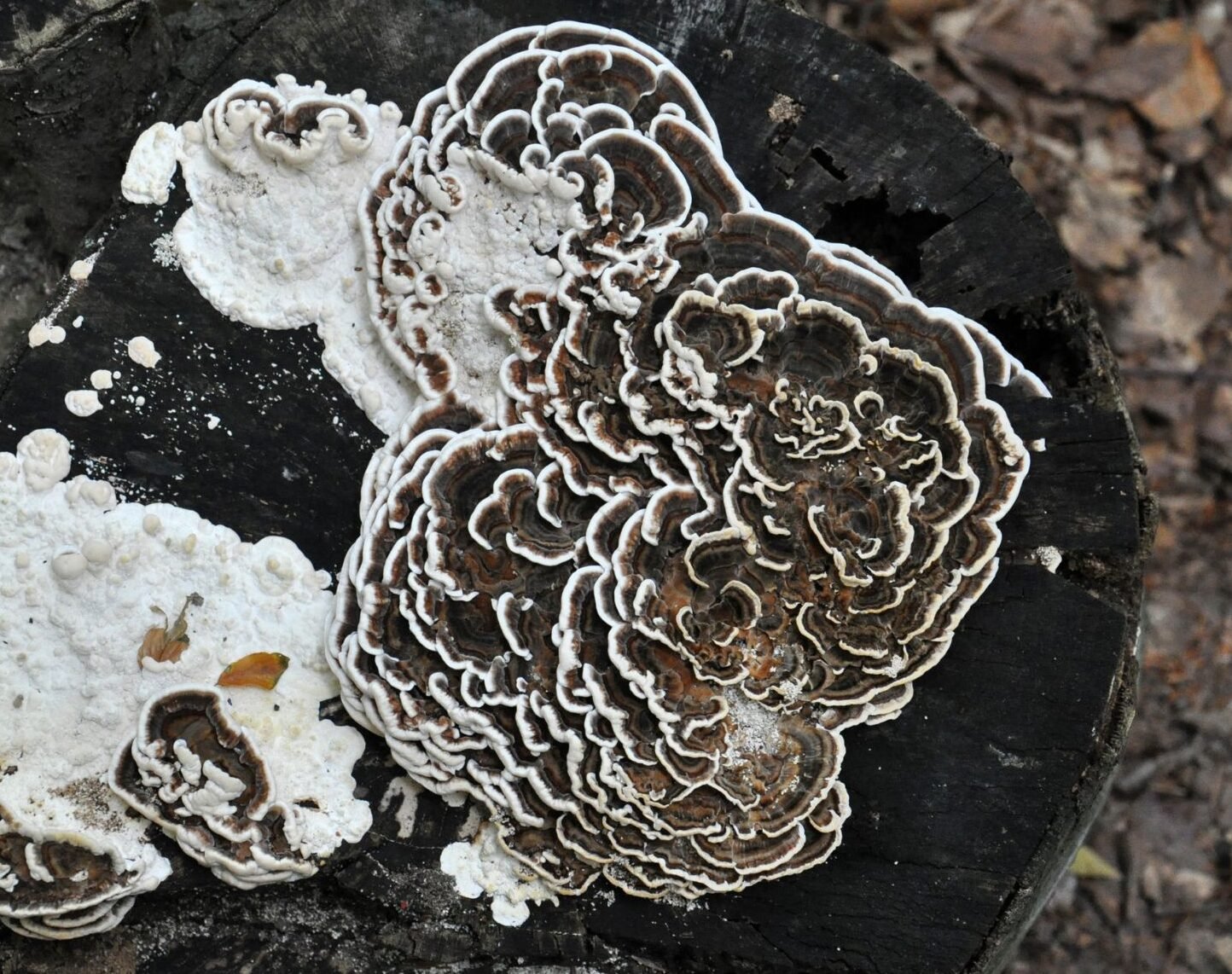
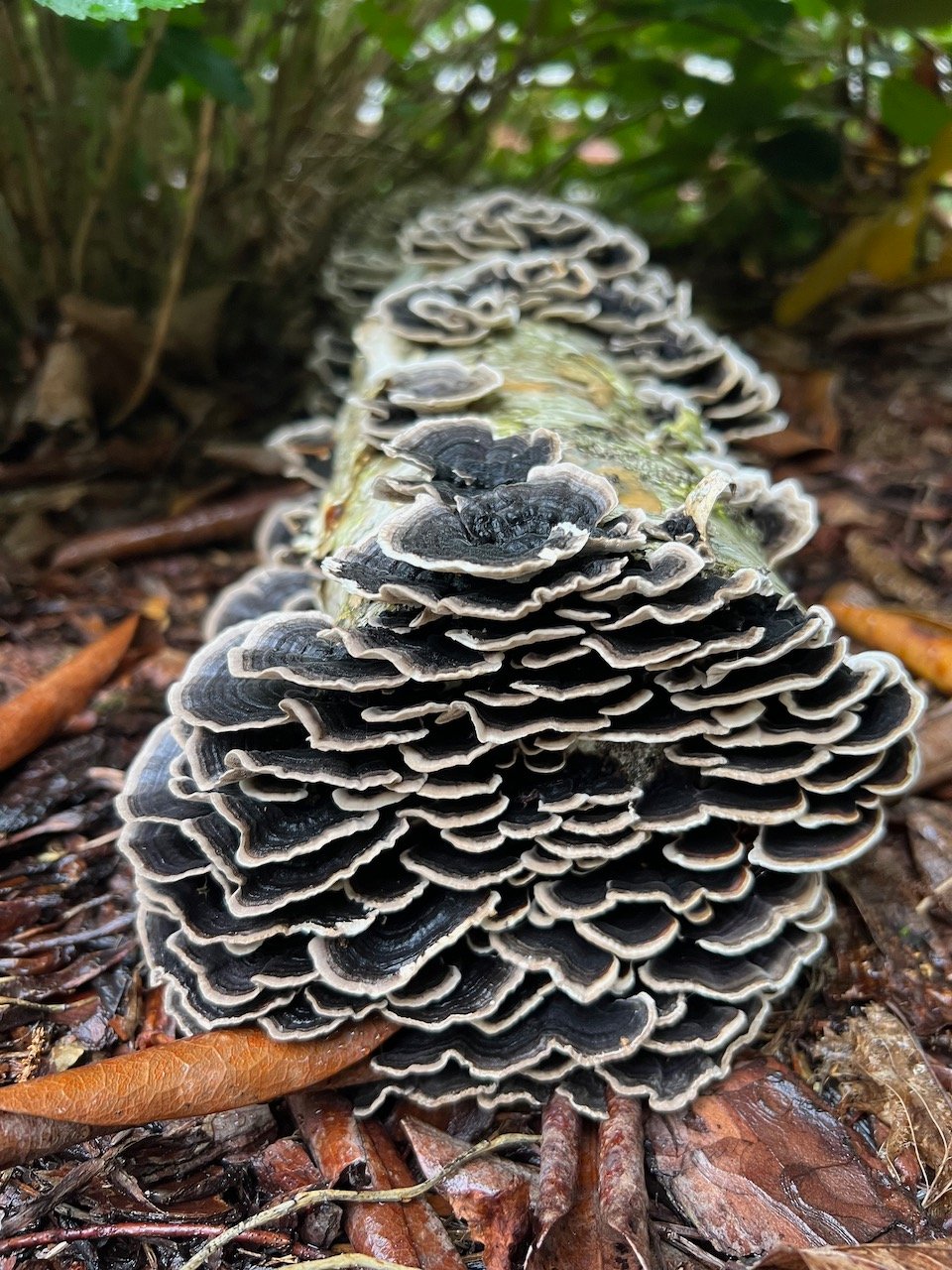
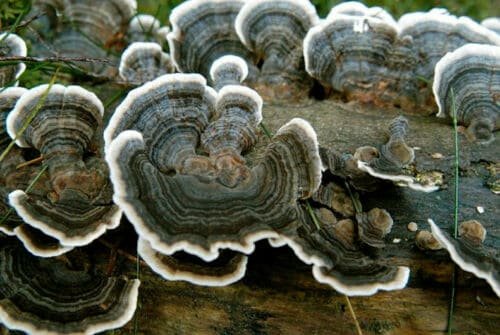

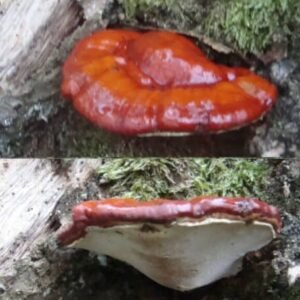
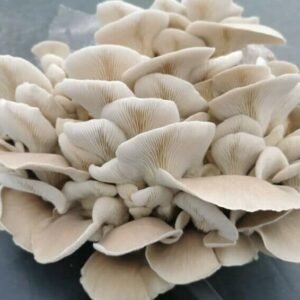
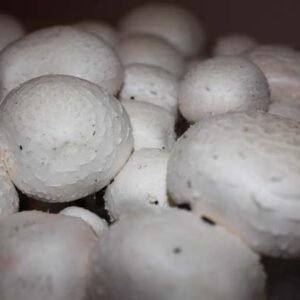
Reviews
There are no reviews yet.